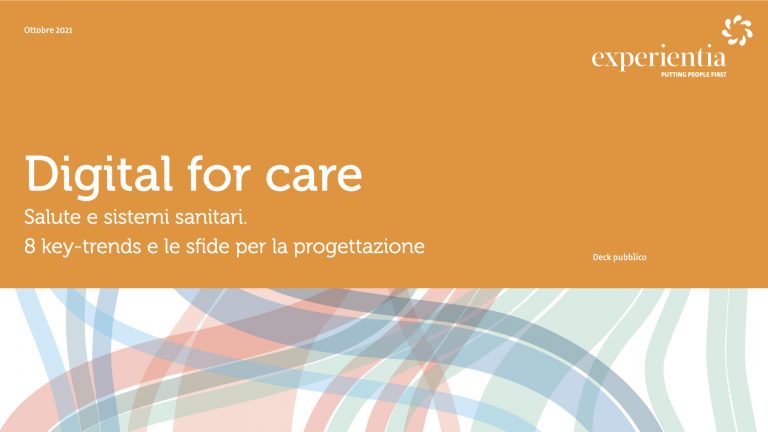Behavioural Economics and Health: Nudging Toward a Culture of Wellness
Behavioural Economics and Health: Nudging Toward a Culture of Wellness
Report by David Verbeeten
The Conference Board of Canada, 52 pages, January 15, 2015
This report explores “nudging,†a new, cost-effective policy tool than can be used to modify behaviours that cause disease or undermine our well-being, thereby improving quality of life and the sustainability of health care systems.
Behaviours such as smoking, drinking, eating too much, and exercising too little impose a huge disease burden on individuals and societies. “Nudging†is a new approach that policy-makers and others can use to modify such behaviours, with the goal of improving quality of life and the sustainability of health care systems. Nudges are little cues that can help us make better decisions about our lifestyles. Rather than using coercion, prohibition, or large financial incentives to influence decision-making, nudges leverage the scientific insights of behavioural economics and cognitive psychology to influence conduct. Usually inexpensive and simple to implement, they are cost-effective and are intended to act as a supplement and occasionally an alternative to conventional mechanisms such as regulation and legislation. The Canadian government has recently expressed its interest in exploring the potential of nudging within the public service, and the nudge agenda has already been pursued by governments within the United Kingdom and the United States with positive results.



